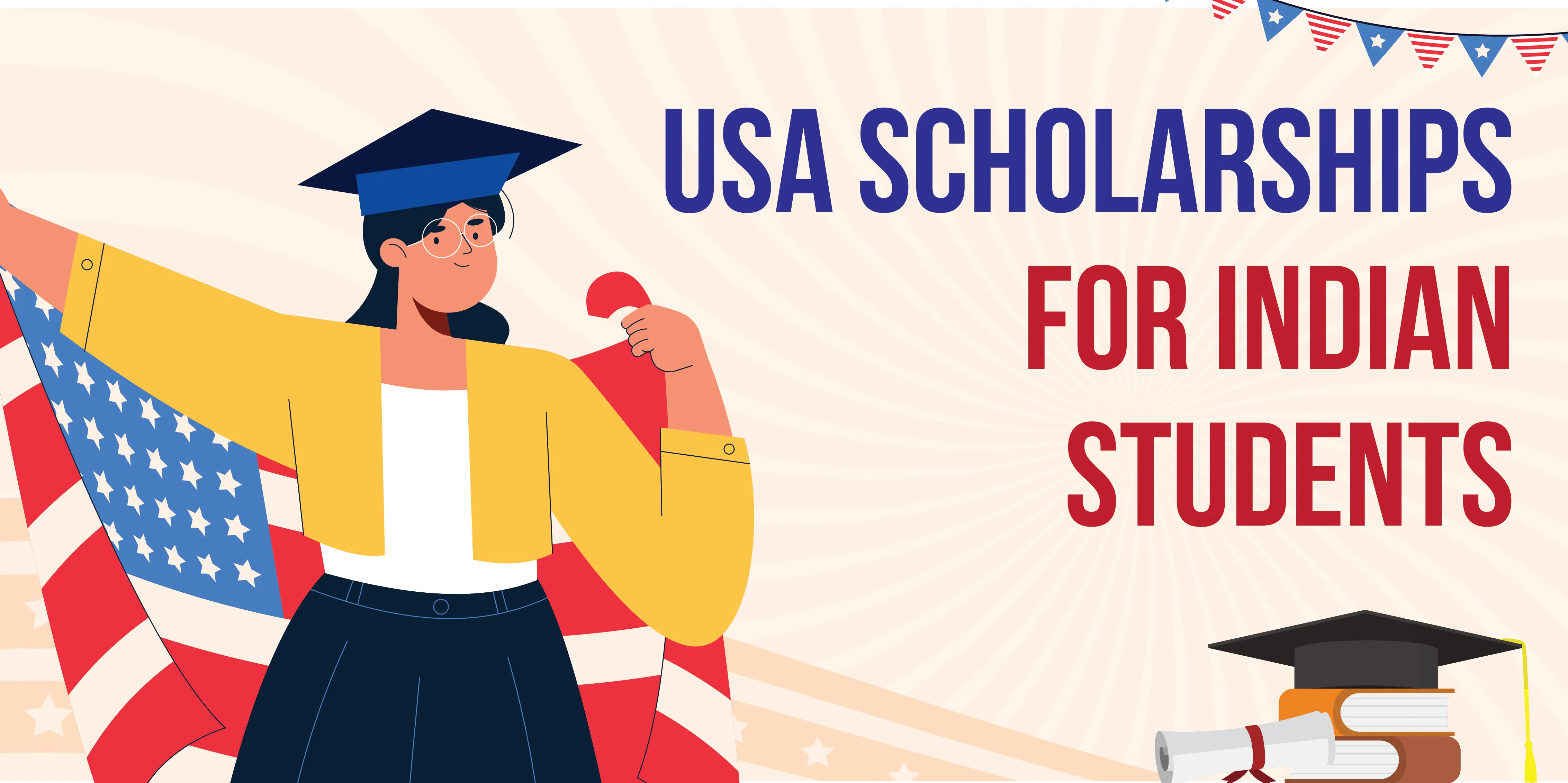https://www.wemakescholars.com/blog/education-loan-during-covid-19-should-you-avail-moratorium-extension
Should You Use the Education Loan Moratorium During COVID-19?
Government/Public Banks | Updated on ()

The COVID-19 pandemic has gripped every walk of life in India and across the world. When several countries across the world went under indefinite lockdowns as a preventive measure against the pandemic, the financial stability of several industries took a hit and as a result, the world economy has almost come to a standstill. In India, the banking sector has been the most affected, this is a very important concern, especially when it comes to an education loan for higher studies.
With several universities across the globe conducting classes online or postponing their intake periods due to the widespread reach of the Covid-19 virus, students who had already availed themselves of an education loan to fund higher studies abroad find themselves caught in an extremely confusing situation. The RBI, which is the chief financial body governing all the banks in India, in an attempt to ease the worries of borrowers regarding loan repayment, declared a loan moratorium extension on the repayment of loans. Today’s article aims to address one of the most commonly asked questions of students regarding the process of getting an education loan for higher studies; should the borrowers of education loans avail themselves of the loan moratorium extension or should they stick to their original repayment plan?
Types of Student Loan For Abroad
Before we elaborate on the pros and cons of availing the education loan moratorium extension, it is essential to have a clear understanding of the two major categories of education loan for higher studies granted by Indian banks.
A typical education loan in India is divided into secured education loans and unsecured education loans, on the basis of the need of collateral security. Collateral security is essentially any tangible or intangible asset which is pledged with lenders by borrowers for the purpose of borrowing a loan. The same concept is applicable in the case of education loans.
Secured Education Loan For Higher Studies
An education loan for which borrowers are required to pledge assets as collateral security is called secured education loan or a collateral education loan. In India, most of the prominent government banks grant an education loan for higher studies on the basis of collateral security. Some of the commonly accepted forms of collateral security include tangible assets such as a house, flat, land, etc. The borrowers are also allowed to pledge intangible assets such as FD, life insurance policies, govt. Bonds, etc. as collateral security.
The rules and regulations pertaining to each type of collateral security differ from one bank to another. The final education loan amounts granted by all major government banks in India depends on the value of the collateral being pledged. Episode two of the Loanflix web-series elaborates on the various types of collateral security that can be pledged with government banks for abroad education loans.
Most students tend to borrow secured education loans from government banks due to two main reasons: reliability of the lender and student-friendly repayment policies. Although most of the government bank loan schemes are granted on the basis of feasible terms to the students in need, students often face numerous hurdles before they could finally avail their higher education loan. The financial team of WeMakeScholars has been working in coordination with several prominent government banks to facilitate an easy education loan process for students coming from different backgrounds and parts of the country. If you are interested in funding your higher education with the help of our team’s support, do get in touch with us by requesting a callback.
Unsecured Education Loan For Higher Studies
As the name suggests, unsecured student loans are those without security. It means that borrowers do not have to pledge any collateral security to avail these education loans. NBFCs, which are non-banking finance companies and private banks like the Axis Bank, ICICI Bank, etc are some of the prominent lenders of unsecured loans.
Since the final education loan amount provided to borrowers is not dependent on the value of collateral security, the maximum cap on unsecured loans is lesser in comparison to secured education loans. Their interest rates are higher and as the lending institutions are privately run, other education loan terms such as processing fees and repayment regulations are costlier and stringent respectively.
Several episodes of the Loanflix web-series are dedicated to explaining the various aspects of unsecured education loans. From giving you a glimpse of the step-by-step process to procure an unsecured education loan for higher studies, to how you can avail an education loan without collateral of up to INR 50 Lakhs, we have got you covered. In order to get in touch with our team for assistance regarding your abroad education loan process, do request a callback at the earliest possible instance.
Read about Applying for Non collateral Student Loan: Step by Step process
What is a Moratorium Period? What is its Significance in the Education Loan Process?
In the education loan process, a moratorium period essentially refers to a temporary loan holiday which is granted to borrowers, before their repayment period begins. In India, this moratorium period is only granted to students who have borrowed an education loan for their higher education within India or abroad. When it comes to the repayment of education loans, the rules and regulations of government banks are different than those of NBFCs and private banks.
In the secured education loan repayment process, the education loan moratorium period is payment-free. That is, the borrowers of secured education loans are not required to begin the payment of their education loan before their course gets over, plus six months post their course.
A typical postgraduate course in India or abroad lasts for a minimum of two years. Students who have availed an education loan for higher studies from government banks are not expected to begin repaying their loans for this entire period. A further extension of this moratorium period is granted to students who have not been successful in getting employed after completing their course.
In the case of unsecured education loans, borrowers will be charged with student loan interest from the very first month of availing their student loan for abroad. This is primarily due to the fact the lenders of unsecured education loans grant the amount purely on the basis of the quality of a student’s academic profile and their co-applicants financial profile. In the unsecured abroad education loan process, the co-applicant is expected to begin repaying the education loan interest on the behalf of students during their course of study itself.
Loan Moratorium Extension By RBI
As mentioned at the beginning of this article, banking is one of the sectors which has been adversely affected by the current financial crisis which our country is facing. Many companies are downsizing their employee strength due to the crisis, as a result of which many people are being rendered jobless.
In light of the situation at hand, the RBI, which is the governing body of all financial institutes in India, released a circular in May 2020, stating that the borrowers of all kinds of loans will get to avail a moratorium of six months, i.e, from March 1, 2020 to August 3, 2020. This is applicable only to loan EMIs starting from March 1, 2020, to August 31, 2020.
Although this move may come as a relief to many borrowers, there is a catch to it. The RBI’s move of extending loan moratorium period can be a huge relief to students who have been unable to secure employment thanks to the current economic conditions. However, here is something that all such borrowers need to keep in mind before opting to avail the extended moratorium period.
Is it Wise to Avail An Education Loan Moratorium Extension?
Even though most government banks offer sufficient moratorium on education loan repayment, it doesn’t mean that this period is payment free.
All government banks charge simple interest during the moratorium period. This interest is higher in the case of private banks like HDFC, ICICI Bank, Axis Bank, etc. RBI is providing the loan moratorium extension for borrowers who have very limited means to even begin their education loan repayments.
If you are already on a steady repayment plan and have the means to fully repay your education loan, it is better to not avail the loan moratorium extension by RBI. If in case you do opt for an education loan moratorium extension by RBI, it is to be noted that this moratorium period is not entirely payment-free. For every day of the moratorium extension period, borrowers will be charged with interest.
It is especially important to note that the loan moratorium extension provided by RBI is not a loan waiver. On the other hand, this extension is just aimed to be a temporary relief from education loan repayment.
For the students who have only applied for a student loan for abroad, one wise way to defer your repayment period is by requesting for an extension in the disbursement of the loan amount. Many government banks are allowing students to avail their disbursement only at the time when their course actually starts. This is a good way to avoid paying interest unnecessarily.
Read More About COVID 19: Student loan extension & other updates
Education Loan Repayment Planning
When Does the Education Loan Repayment Start?
The primary concern of most of the student loan applicants is regarding the loan repayment period. So here it goes. Most government banks grant a payment-free moratorium period. That is, candidates who have borrowed their student loans from the government banks, need not begin contributing towards their loan repayment till the end of the moratorium period.
Now you may come across certain government banks asking for an ‘interest only’ moratorium period. Only certain few banks like the Oriental Bank of Commerce or the Syndicate Bank have these policies. Most prominent banks like the SBI, Bank of Baroda, etc., offer a payment-free moratorium period.
Are There Any Benefits of Pre-paying the Student Loan Interest Beforehand?
Till about two years ago, government banks had a student loan repayment support scheme stating that candidates get to avail a 1% rebate on regular payment of full interest during the moratorium period. However, this scheme was called off roughly about a year ago. So if you happen to come across any such terms that mention this scheme, please understand that most government banks rarely care to make the necessary changes on a greater level. This student loan repayment support scheme is obsolete now. You can now get to know how much amount you are supposed to repay by using the education loan repayment calculator facility available on government banks’ official websites.
The factors mentioned above are extremely crucial to the student loan repayment process of government banks and it will help you in the long run in your education loan process. To know specific details about the education loan process of your lending bank, get in touch with our team by requesting a callback.
Note: WeMakeScholars is an organization funded and supported by the Government of India that focuses on International Education finance. We are associated with 10+ public/Pvt banks/ NBFCs in India and help you get the best abroad education loan matching your profile. As this initiative is under the Digital India campaign, it’s at free of cost. The organization has vast experience dealing with students going to various abroad education destinations like the US, Canada, UK, Australia, Germany, Sweden, Italy, China, France among others.





Kindly login to comment and ask your questions about Scholarships & Education Loans